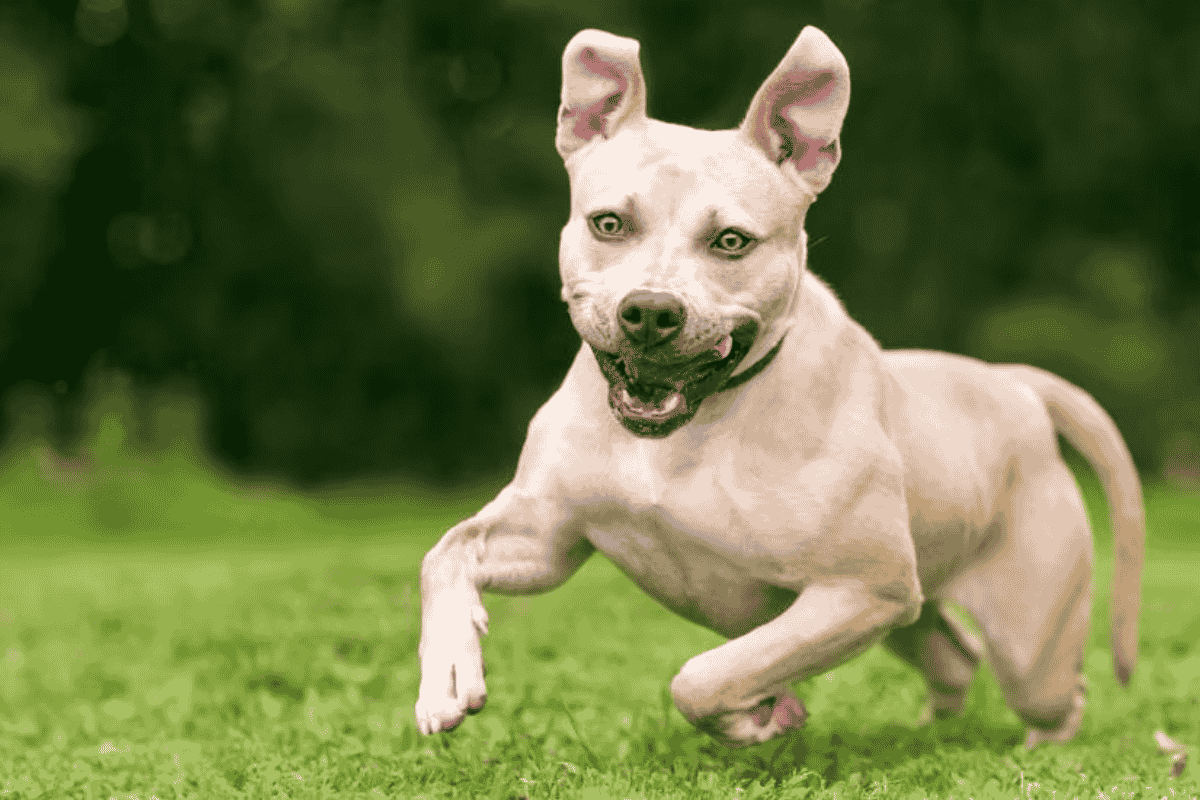What Is Small Dog Syndrome?
“Small dog syndrome” refers to when little dogs display feisty or reactive behaviors such as barking, growling, lunging, or nipping. While these behaviors may seem less concerning in a 10-pound pup than in a 100-pound dog, they communicate the same message: discomfort.
Often, people dismiss warning signs in small dogs, which can lead the dog to escalate to biting. Instead of laughing off these behaviors, pet parents should recognize them as communication and address the underlying cause with training and compassion.
Do Small Dogs Like To Be Held?
Some small dogs enjoy being held, while others tolerate it without really liking it. Understanding dog body language is key. Signs of stress include yawning, lip licking, heavy panting, or rolling onto their back to signal submission.
You can use a “consent test”: scratch your dog under the chin briefly, then stop. If they seek more, they’re enjoying it. If they move away, respect their choice.
Clothing is another consideration. While sweaters can help in cold weather, not all dogs enjoy wearing them. If your pup resists, look for alternatives such as lightweight wrap jackets instead of forcing dress-up.
What Is the Best Training for Small Dogs?
Training principles are the same for dogs of all sizes: use positive reinforcement, high-value treats, and consistency. The key is to identify triggers that cause unwanted behavior and work to redirect them.
Keep training treats very small to avoid excess calories. To help manage weight, consider using part of your dog’s regular meal as training rewards, or offer low-calorie treats like carrots, peas, or green beans.
How Much Exercise Do Small Dogs Need?
Despite their size, small dogs need daily exercise and mental stimulation. Walks are especially important for confidence building and stress relief.
Tips for safe exercise:
- Use a well-fitted harness to protect their delicate necks.
- Keep them close (4–6 feet) to avoid accidents with cars or encounters with larger animals.
- Allow plenty of sniffing time—this mental enrichment is just as important as physical activity.
Are Small Dogs Prone to Health Problems?
Yes, some health issues are more common in small breeds, including:
- Dental disease
- Luxating patella (loose kneecaps)
- Fractured limbs from jumping off furniture
- Bladder problems
- Temperature sensitivity (both heat and cold)
Prevention tips include:
- Regular dental care and vet check-ups
- Using pet stairs or ramps to avoid injuries
- Discussing diet, supplements, and breed-specific care with your veterinarian












